Basic Fixes:
- Stop Edge using Task Manager: You can use Task Manager to check Edge’s resource usage and stop it from running in the background if it is using too many resources on your Windows PC.
- Disabling browser extensions: Certain browser extensions can use browser resources even when not in use. So, disable or remove any recently installed extensions on Edge and check again.
- Check for software updates: A bug or issue with the previous update can also make Microsoft Edge run in the background unprompted. If this is the case, Microsoft may have already released an update to fix this. So, update Microsoft Edge and check again.
- Repair Microsoft Edge: If there are any issues with Edge, repair it using the Windows Settings menu. This can help eliminate any corrupted files or components making Edge run in the background unprompted.
Fix 1: Disable Edge’s Background Processes Using Browser Settings
Sometimes, Edge might start in the background to finish syncing up data and run extensions to ensure a smooth experience once the browser is in use. To prevent this, disable the relevant settings from Microsoft Edge’s settings menu. Here’s how.
Step 1: Open Edge and click on the three-dot icon at the top right corner. Scroll down and click on Settings.

Step 2: Click on System and performance from the menu sidebar. Then, turn off the toggle for Continue running background extensions and apps when Microsoft Edge is closed.
Step 3: Additionally, ensure the Startup boost toggle is turned off as well.

Fix 2: Using Registry Editor
The Windows Registry Editor has provisions for most of the important Windows settings. This is why it can also be used to tweak or fix certain Windows issues like Edge running in the background even after closing. Here’s how to stop that from happening.
Tip: Check out all the ways to open Registry Editor.
Step 1: Use the Windows + R key to open Run. Here, type regedit and press enter or click on OK.
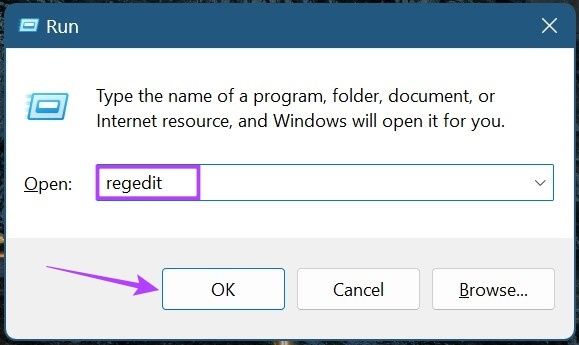
Step 2: Once the Registry Editor opens, enter the following in the search bar and press enter.
Computer\HKEY_LOCAL_MACHINE\SOFTWARE\Policies\Microsoft\MicrosoftEdge\Main
Note: If you can’t access this path, you don’t have the Edge folder in Registry Editor. Move to the next section of this method, where we show you how to create it.

Step 3: Once the relevant page opens, right-click and select New. Then, select DWORD (32-bit) Value. This will create a new file.
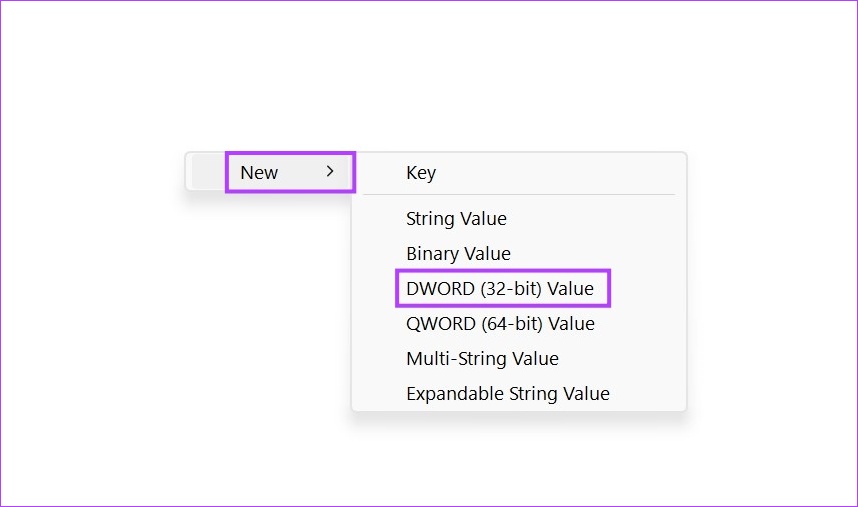
Step 4: Right-click on the file and click on Rename.
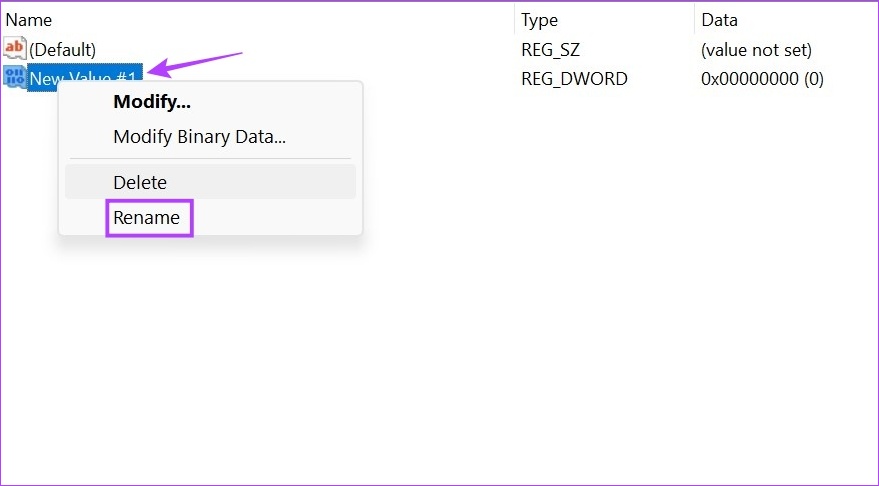
Step 5: Rename the file to AllowPrelaunch. Then, double-click on the renamed file.
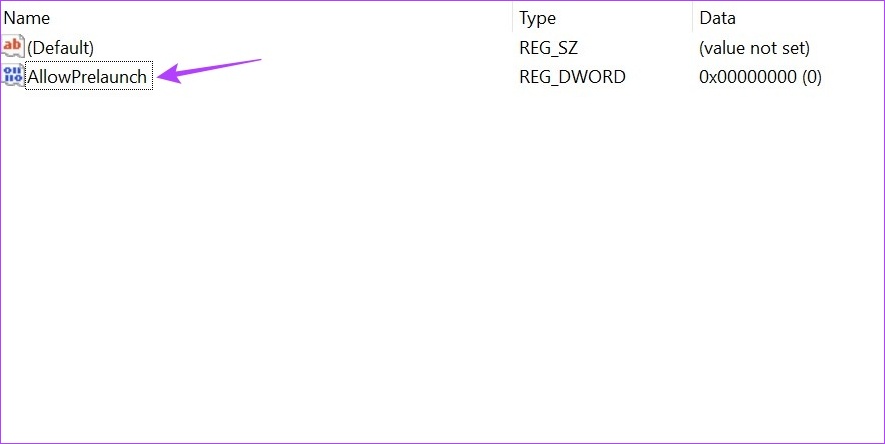
Step 6: Here, set the Value data to 0 and click on OK.
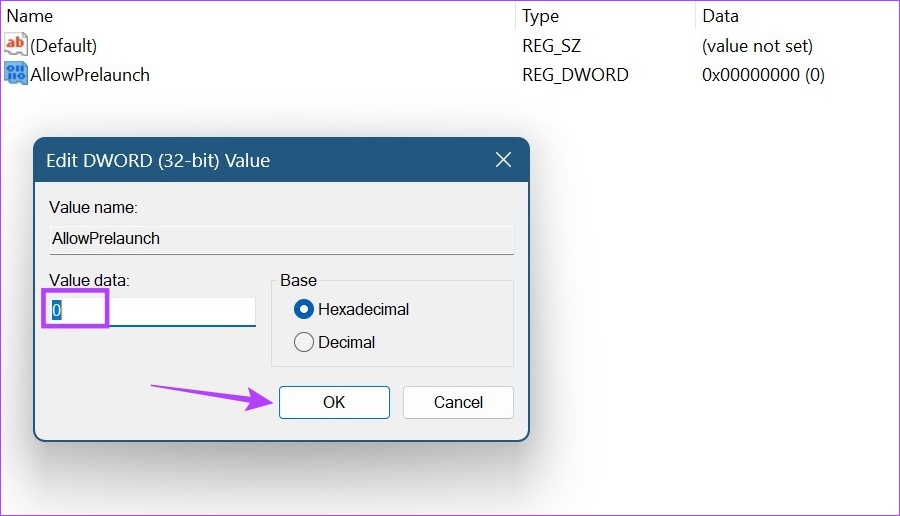
This should stop Microsoft Edge from running in the background. As mentioned before, if Microsoft Edge is unavailable in the Registry Editor, create a folder for it. Here’s how to do it.
Create the Edge Folder in Registry Editor
Step 1: Open Registry Editor, type the following in the search bar, and press enter.
Computer\HKEY_LOCAL_MACHINE\SOFTWARE\Policies\Microsoft
Step 2: Then, go to the Microsoft folder and right-click on it.
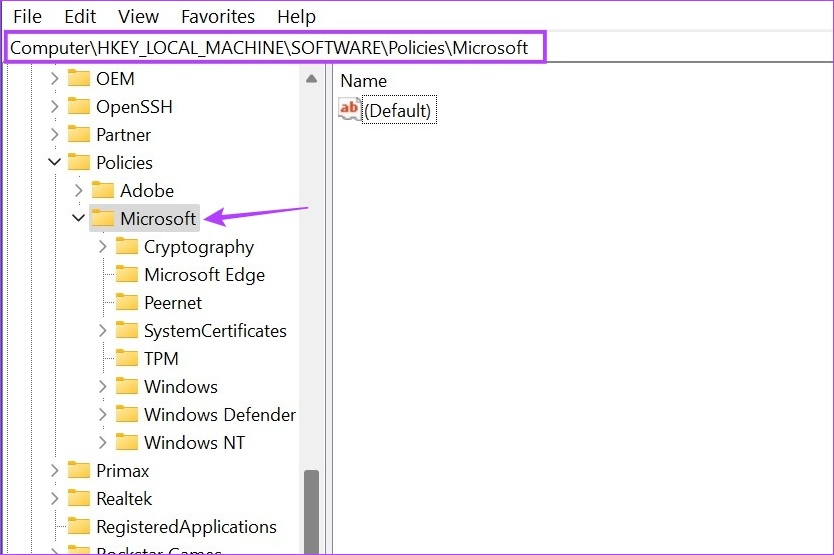
Step 3: Go to New and click on Key.
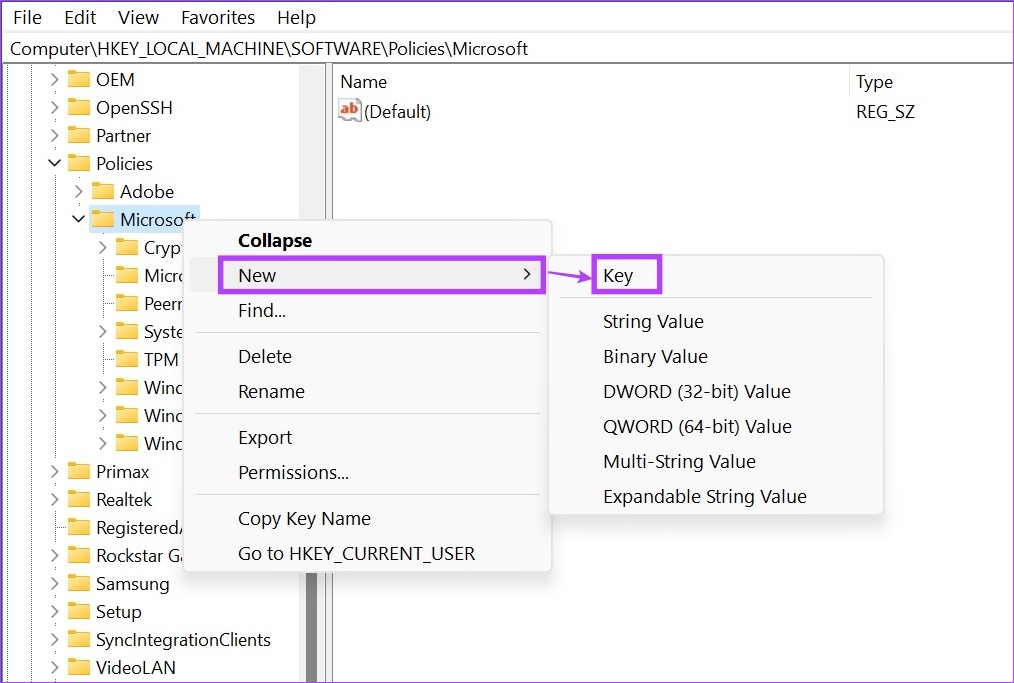
Step 4: Now, go to the newly created key and double-click on it. Then, rename the key to Microsoft Edge.
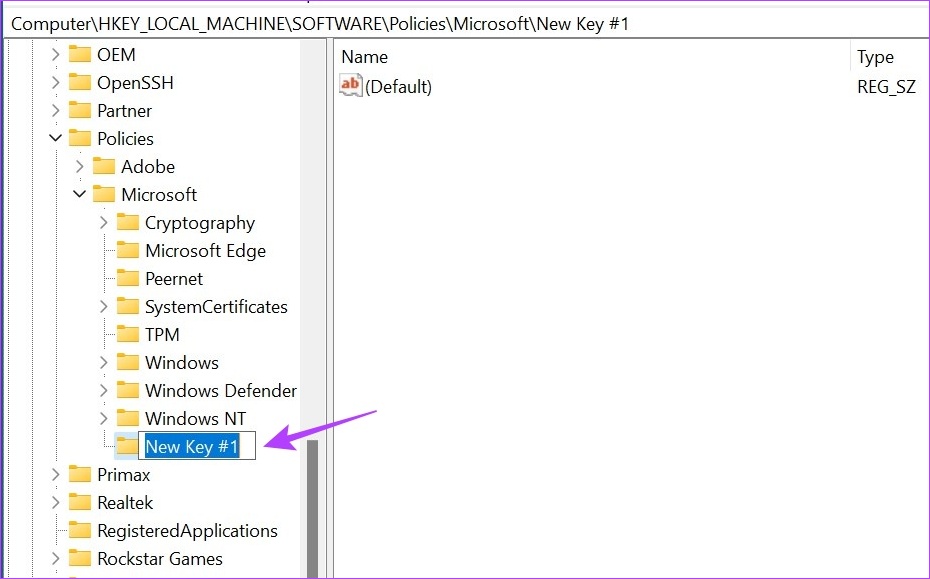
Once the new key has been created and renamed, use the abovementioned steps to stop Microsoft Edge from running in the background.
Fix 3: Reset All Browser Settings
Certain wayward Microsoft Edge settings can cause the browser to run in the background despite being closed. When this happens, you can reset all Edge settings. This will save your data, like favorites, history, and saved passwords, but eliminate cookies, search engine preferences, etc. Here’s how to do it.
Step 1: Open Microsoft Edge > click on the three-dot icon > Settings.

Step 2: From the left sidebar, click on Reset settings > Restore settings to their default values.

Step 3: When prompted, click on Reset to confirm.

Wait for all Edge settings to finish resettings. Then, close Edge and wait a while to see if the issue has been fixed on your Windows 11 PC.
Was this helpful?
Last updated on 16 May, 2024
1 Comment
Leave a Reply
The article above may contain affiliate links which help support Guiding Tech. The content remains unbiased and authentic and will never affect our editorial integrity.



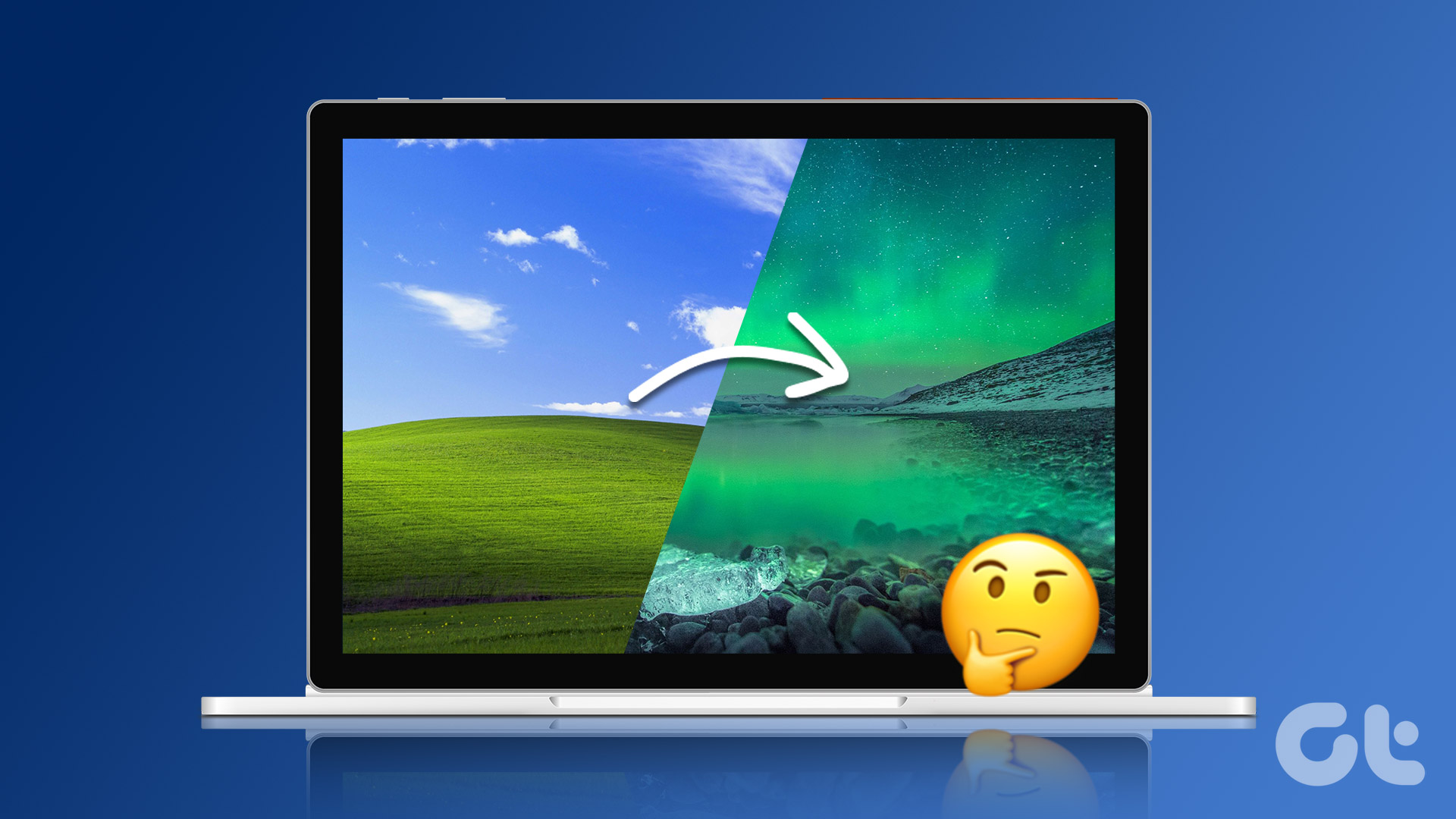
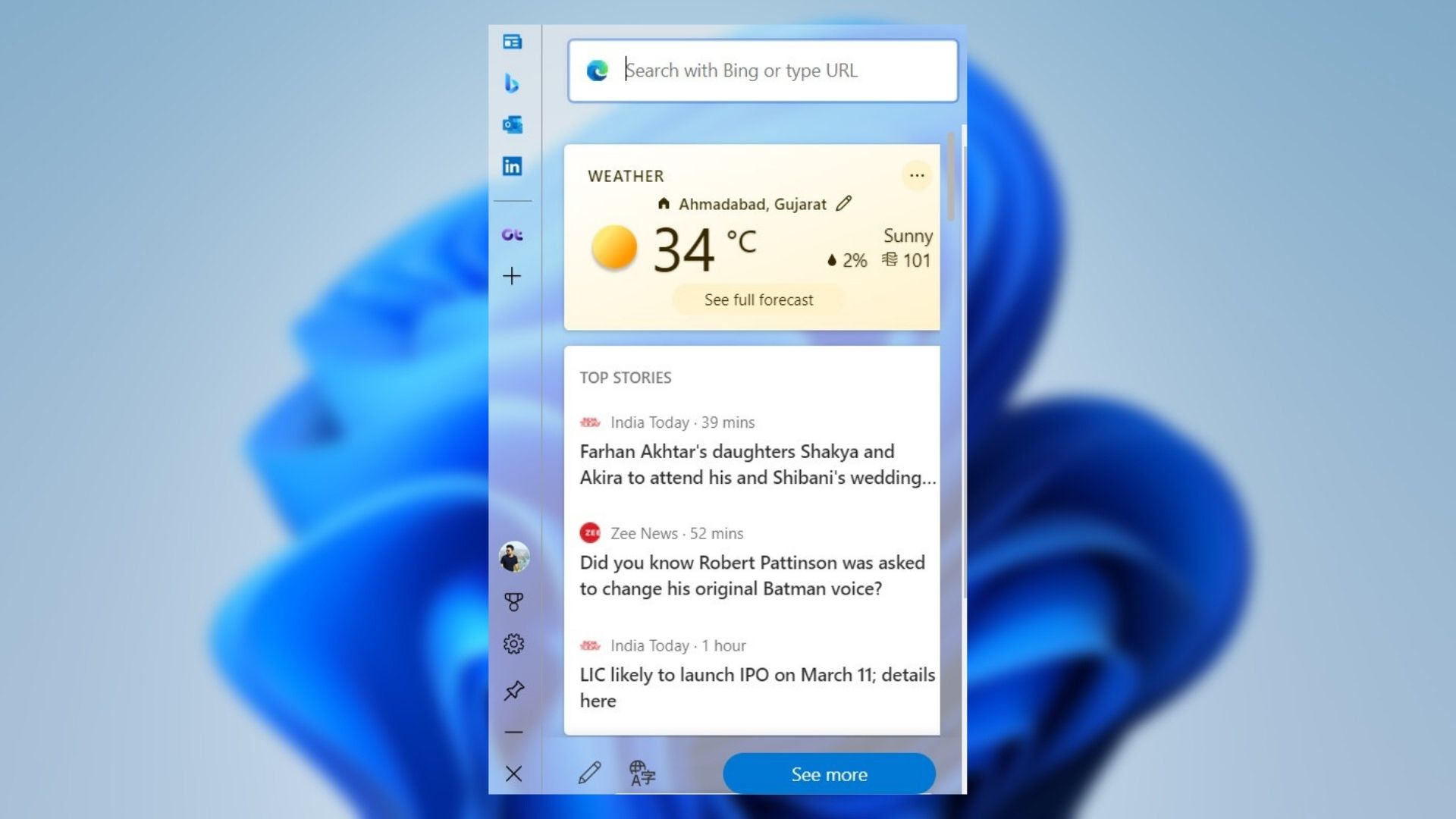


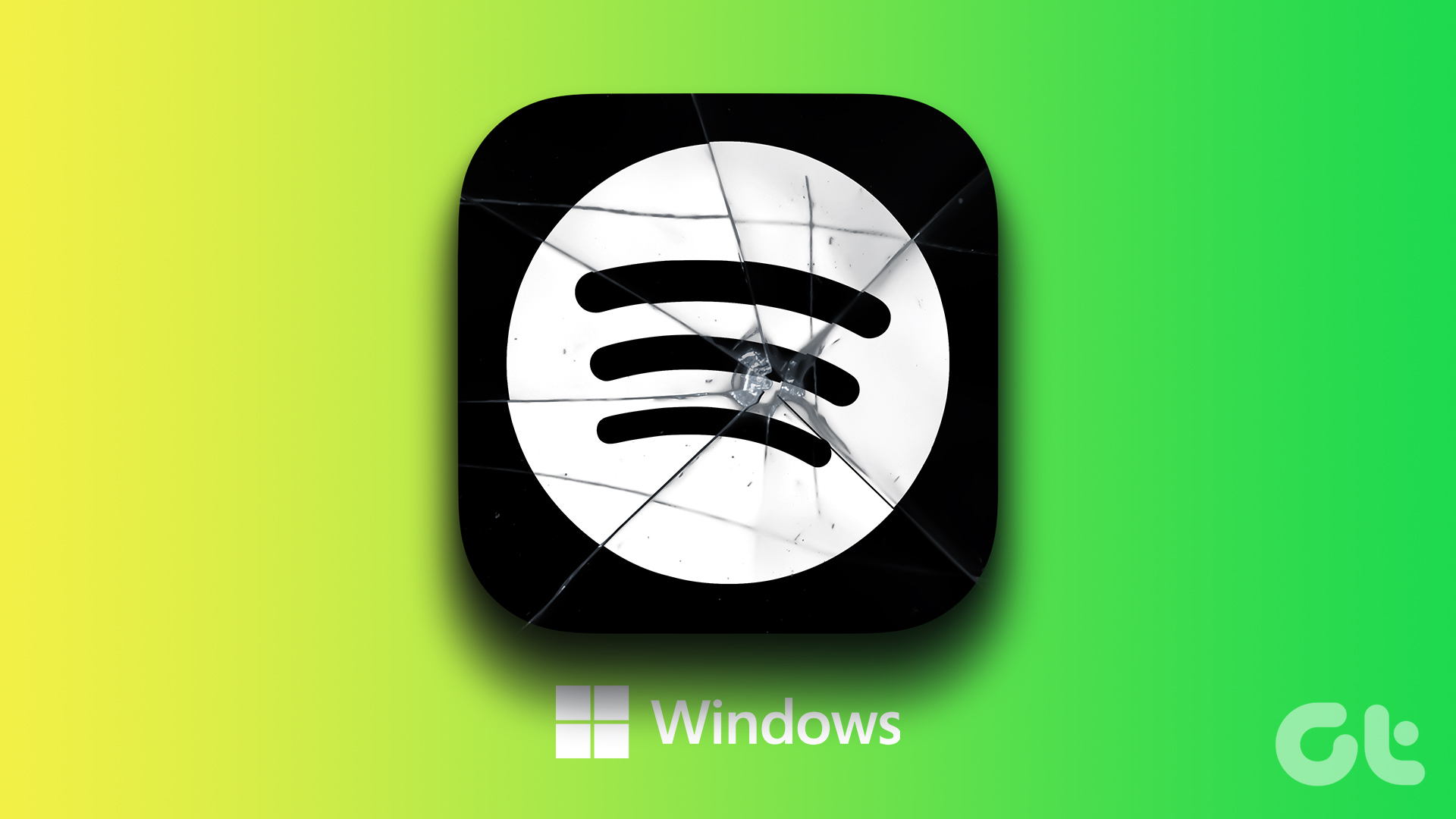


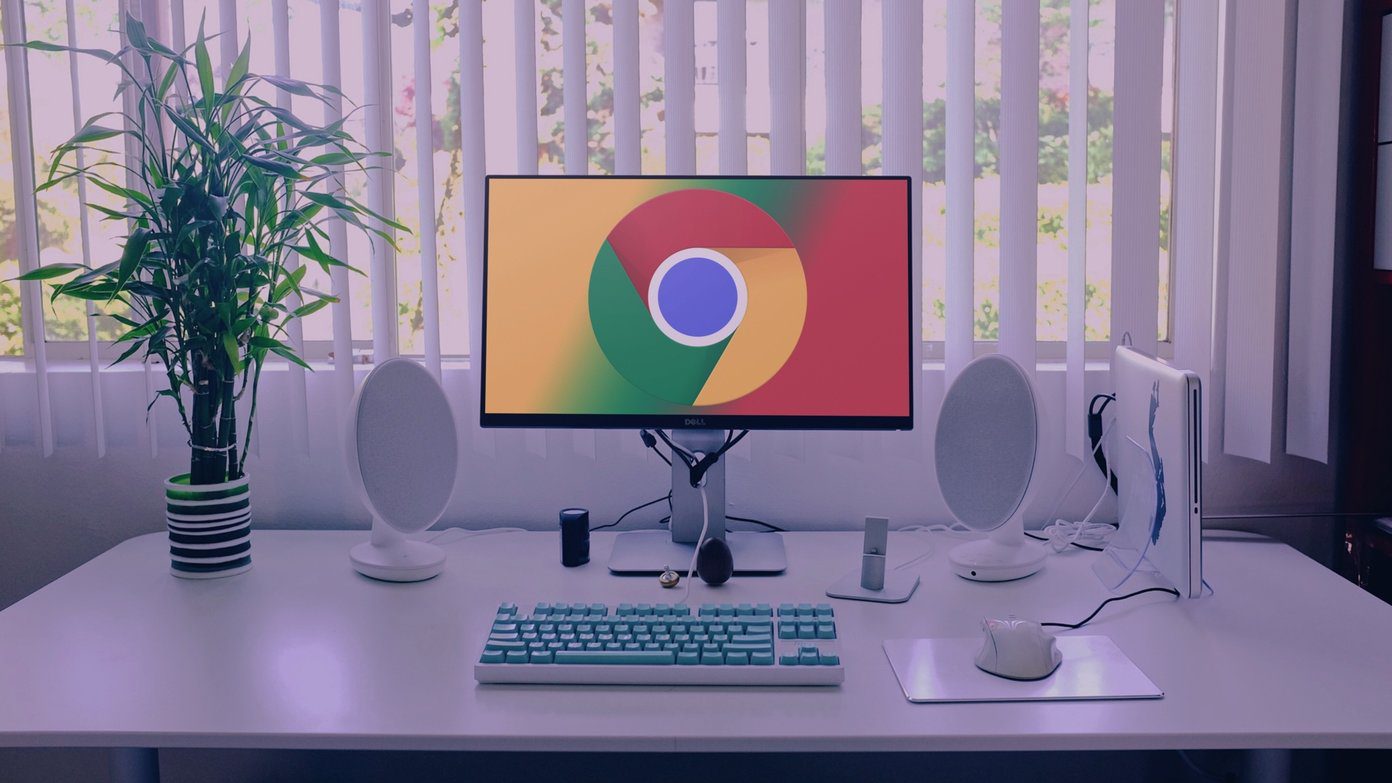
im using 64bit laptop do i still use 32bit dword?